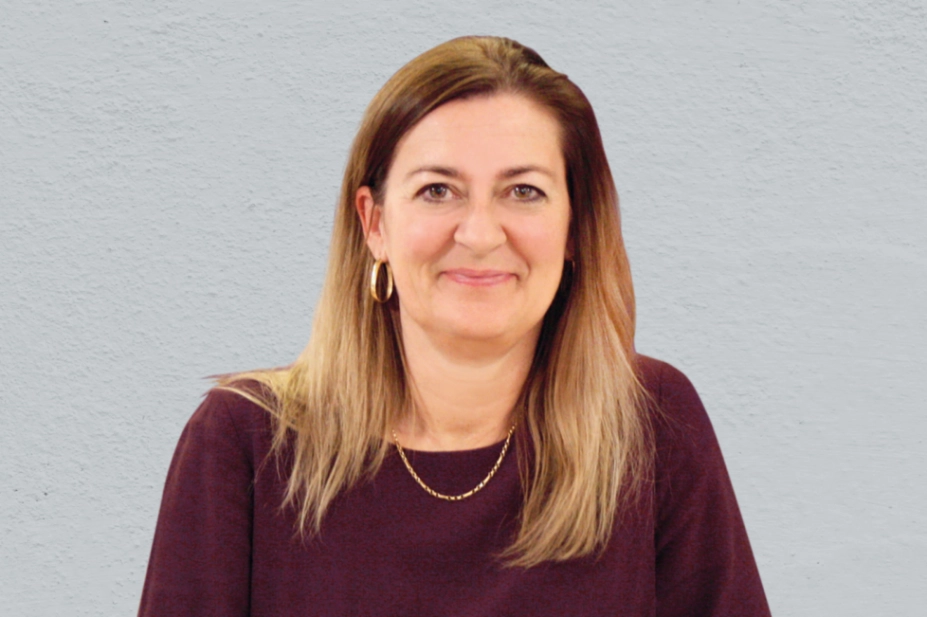
Nic Bunce / The Pharmaceutical Journal
The Royal Pharmaceutical Society’s (RPS’s) Scottish Pharmacy Board held a meeting via Zoom on the evening of 13 May 2021. It was the final meeting of the current board, before some members stepped down and newly elected members took office on 22 June 2021.
The meeting was called with a special focus on education: particularly, to identify current priorities in education for the incoming board to continue with and take forward.
At the meeting Anne Watson, postgraduate pharmacy dean at NES Education for Scotland, gave an overview of educational reforms in Scotland. Watson highlighted the General Pharmaceutical Council’s reforms to standards for initial education and training (IET), which will ultimately include trainee pharmacists being signed off as independent prescribers (IPs) during their foundation year. In addition to this, there are also plans to increase the number of prescribers among those who have already graduated.
Watson noted that around 50% of pharmacists in acute and primary care settings are IPs but, in community, the figures are lower at around 10%. Community Pharmacy Scotland wants to see an IP in every pharmacy in Scotland, Watson said, “so we need to get those numbers up to meet that”.
Watson referred attendees to the Royal Pharmaceutical Society’s post-registration foundation pharmacist curriculum for newly qualified pharmacists, which is intended to bridge the period between now and full implementation of the new IET standards in 2026. The curriculum, which includes independent prescribing, was out for consultation until 18 June 2021.
Gail Fleming, director for education and professional development at the RPS, added that the curriculum is “a stepping stone to advanced practice”. She said the the RPS Advanced Pharmacy Framework has been out since 2013 and continues to be used, and a core advanced practice curriculum is being developed to be ready by the end of the year. Specialist curricula will also be developed as part of this, initially around critical care and mental health.
Fleming added that a consultant pharmacist curriculum has already been developed and the e-portfolio was refreshed this year and is now live for consultant and advanced practise levels. The focus has been on clinical roles first because the biggest changes have occurred in those, but the RPS will also think about career pathways for those in other areas, including research, education and senior management, Fleming said.
Ian Rudd, director of pharmacy at NHS Highland, said that pharmacists, throughout their career, need “a continuum of development, that is not just about attainment but also about learning new skills”. It is important, he added, that “we don’t have people undertaking training that isn’t productive for what they are going to deliver in the service”.
The board then went on to discuss what their priority areas should be as changes to education and training come into force.
Board member Tamara Cairney said that it is “a new role for pharmacists to be designated prescribing practitioners (DPPs), and even experienced prescribers have concerns around whether they are ready to do it; they need support”. Cairney added that pharmacists in that interim period, who are not on an IP course, may feel left behind — we know they won’t be, but not everyone appreciates that”.
Raising the matter of public engagement around pharmacists’ independent prescribing, board member Andrew Carruthers said it is “a huge change” and it is important to “get the message out to the public now so they are not surprised when, in five years, every pharmacist is prescribing”.
Board member Brian Addison said that a priority is to keep encouraging people to enter the pharmacy profession, noting that the changes “will only work if we do that”.
After the discussion three priority areas were identified, which were around the role of DPPs in supporting pharmacists training to become independent prescribers; the need to engage with patients, public and other healthcare professionals around pharmacist roles; and for communication of the changes that are happening in pharmacy education.
Clare Morrison, director for RPS Scotland, said she would summarise the key points made and put them to board members to approve and edit, and pass on to the new board.
Closing the meeting, Morrison extended her thanks to all those current board members who would be stepping down ahead of the incoming board taking up their seats in June 2021.


